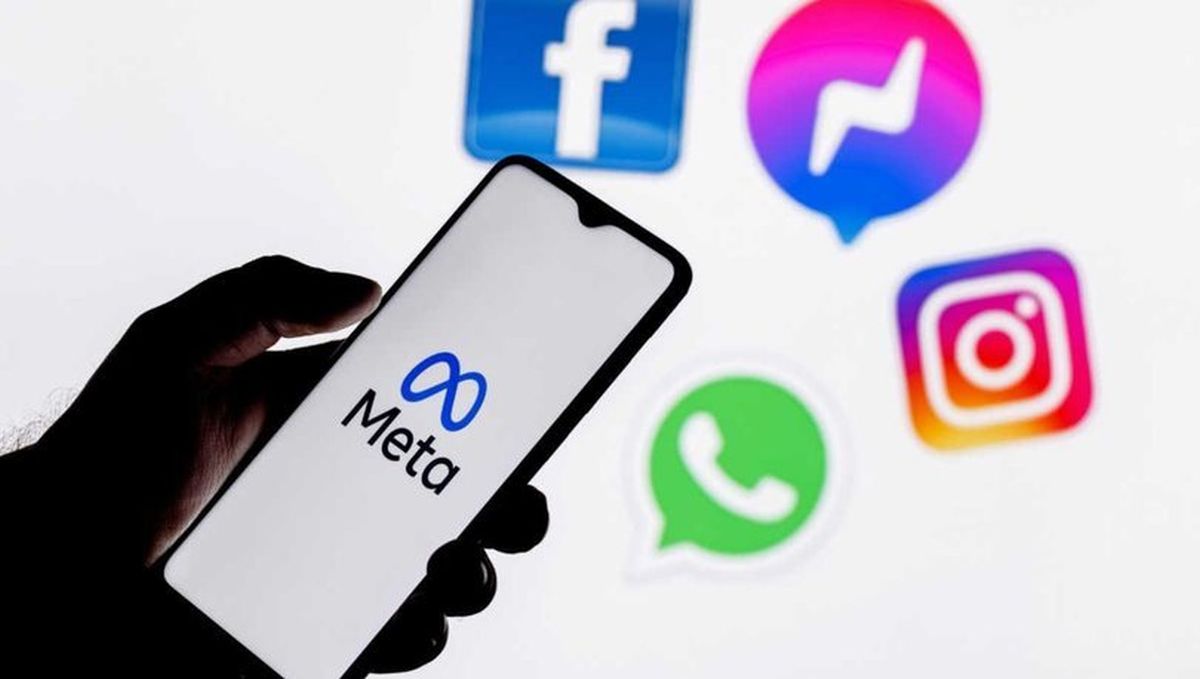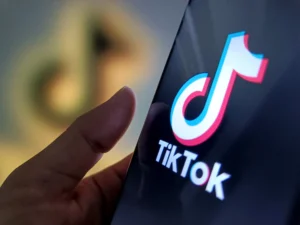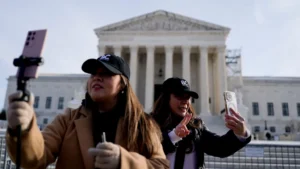Meta Platforms Inc., Google, TikTok, and Snap are set to face federal lawsuits brought by school districts, accusing their apps of fostering addictive behaviors that contribute to a growing mental health crisis among students.
On Thursday, US District Judge Yvonne Gonzalez Rogers in Oakland, California, ruled that the lawsuits will proceed, despite a contrasting June decision by a Los Angeles Superior Court judge in favor of the tech companies. This split decision puts the platforms at risk for damages in over 150 cases in Oakland, while potentially avoiding liability in more than 600 cases filed in Los Angeles.
Judge Rogers rejected a dismissal request for negligence claims but did limit the scope of some allegations, citing Section 230 of the Communications Decency Act, which protects internet companies from certain lawsuits. Despite this, the core claims accusing the companies of designing addictive platforms will move forward.
Spokespersons for Google and Meta denied the allegations. Both companies stated they have implemented numerous safety measures to protect young users. Snap also highlighted its safety initiatives, citing research indicating a positive impact of its Snapchat platform on user well-being. TikTok declined to comment.
The decision comes just days after the same judge ruled that Meta must face a lawsuit brought by state attorneys general alleging that it knowingly encouraged youth addiction to Facebook and Instagram. TikTok is facing similar claims from a coalition of states. Both companies have denied any wrongdoing.
The tech giants are also facing hundreds of personal injury lawsuits alleging that their platforms cause psychological harm to young users. However, the school district lawsuits may carry greater financial implications as each district seeks compensation for the resources they have spent addressing the mental health crisis among students.
The school districts argue that the companies intentionally designed their platforms to be addictive, using features like the “like” button and algorithms to encourage compulsive use—similar to how cigarette manufacturers engineered their products to be addictive.
Judge Rogers agreed with the schools’ argument, stating that the platforms “deliberately fostered compulsive use” that led districts to divert resources to manage the resulting mental health issues.
Google spokesperson Jose Castaneda dismissed the claims, saying the company has collaborated with experts to create services offering age-appropriate experiences and parental controls. Meta, in turn, expressed disagreement with the ruling but emphasized its efforts to protect teens, including changes to Instagram designed to provide a safer environment for young users.
The plaintiffs’ lawyers, Lexi Hazam and Previn Warren, welcomed the ruling, calling it a victory for schools and educators dealing with the nation’s youth mental health crisis. They argued that platforms like Instagram, Snapchat, TikTok, and YouTube are exacerbating these challenges, stretching school budgets and hindering their educational missions.
The judge will address public nuisance claims separately, a legal theory successfully used in lawsuits against nicotine vape companies like Juul. Legal experts suggest that the large payouts from the Juul litigation may have motivated plaintiffs’ lawyers to pursue similar strategies against social media companies, although significant differences exist between social media and vaping, particularly regarding First Amendment protections for online content.
In both Oakland and Los Angeles, judges are overseeing additional personal injury suits from families and youths accusing these companies of contributing to widespread psychological distress, including suicides.



